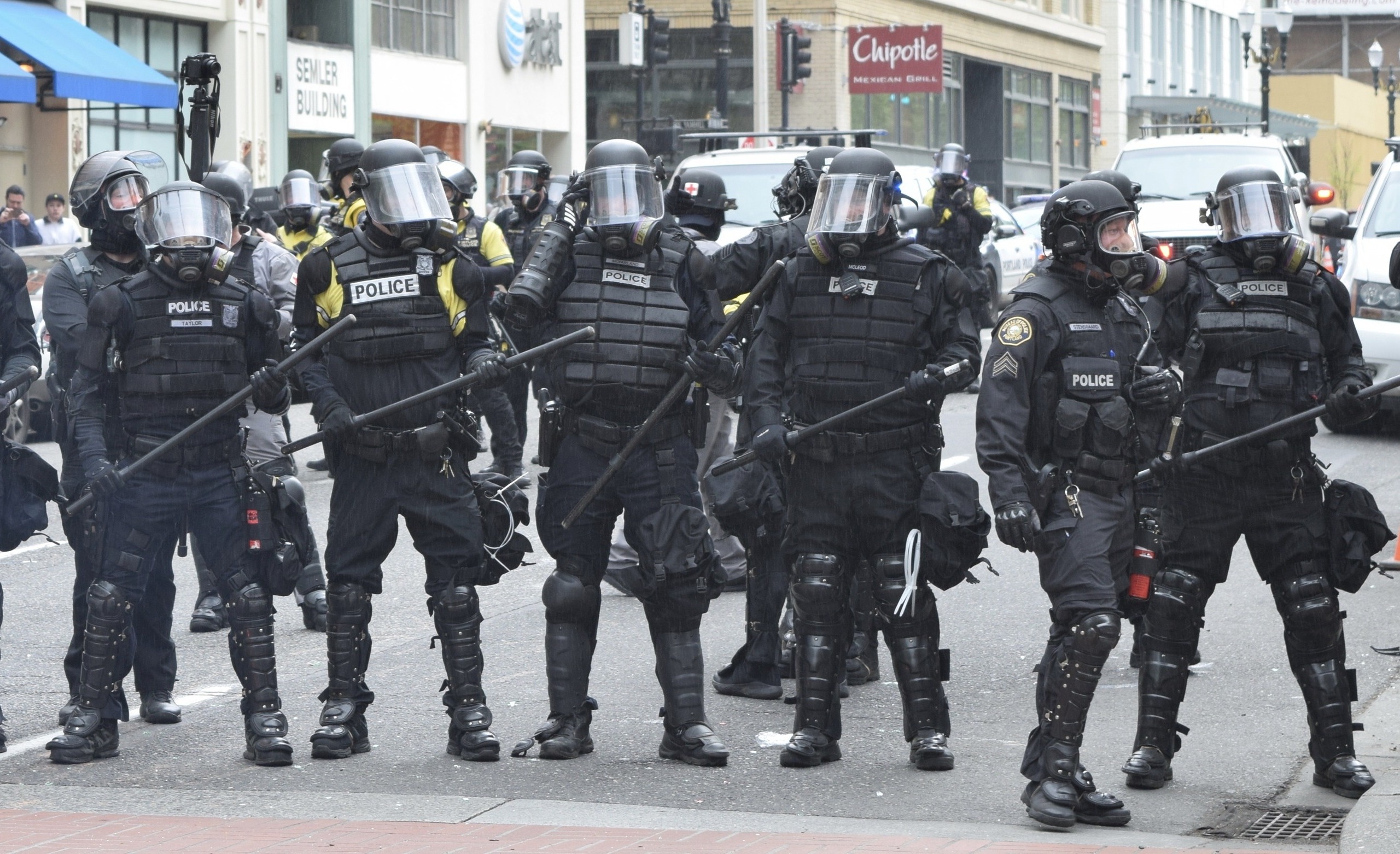
Surviving In A City With No Laws
Welcome to a world where order is just a flicker of hope amidst the shadows of lawlessness – welcome to the struggle of Surviving In A City With No Laws. Imagine waking up one day in a city where chaos reigns, and laws are nothing but a distant memory.
Picture the streets filled with uncertainty, as survival becomes the ultimate goal. In this blog post, we delve into the daunting reality of surviving in a city with no laws. Join us on a journey through the challenges, strategies for resilience, and the profound impact such an environment can have on individuals.
Examples of Cities with No Laws
Imagine a city where chaos reigns, and order is but a distant memory. One such place is The Outlands, a lawless territory where the only rule is survival of the fittest. Here, gangs roam freely, looting and pillaging without consequence.
In the heart of The Outlands lies Raven’s Crest, a once-thriving metropolis now reduced to rubble and ruins. Without laws to govern its inhabitants, violence runs rampant and fear grips every soul who dares to tread its desolate streets.
Across the sea lies Shadow City, a dark and foreboding urban wasteland devoid of any semblance of order. In this forsaken land, anarchy prevails as rival factions battle for control over what little resources remain.
These examples serve as grim reminders of what can happen when society descends into lawlessness. Stay tuned for strategies on how to navigate such treacherous terrain in our next blog section.
The Effects of Living in a Lawless City
Living in a city with no laws can be chaotic and unsettling. Without regulations to maintain order, society descends into a state of unpredictability and danger. Crime rates soar as individuals act without fear of consequences, leading to increased violence and theft.
The lack of legal structure means that basic services like healthcare, education, and infrastructure may deteriorate or become non-existent. Without laws to enforce fairness and justice, vulnerable populations are at risk of exploitation by those who seek power through force.
Furthermore, the absence of laws erodes trust among community members, making it difficult to cooperate and collaborate effectively. The breakdown of social norms can lead to isolation and alienation as individuals struggle to navigate an environment devoid of rules and guidelines.
Living in a lawless city has far-reaching effects on both the individual psyche and the collective well-being of society as a whole.
Strategies for Survival:
Forming alliances and communities is crucial for strength in numbers and mutual support. Trust is scarce, but finding like-minded individuals can mean the difference between life and death. Securing basic necessities like food, water, and shelter requires resourcefulness and adaptability.
Scavenging abandoned buildings or trading goods become common practices in the absence of regulations. Maintaining a stockpile of essentials ensures some level of security amidst chaos. Protecting yourself and your property demands vigilance at all times.
Improvising weapons for self-defense may be necessary when law enforcement is non-existent. Building barricades or fortifying safe spaces can act as deterrents against potential threats. Adapting to this new reality takes its toll mentally and emotionally on survivors.
The constant fear, uncertainty, and loss leave scars that may never fully heal. Coping mechanisms vary from individual to individual – some find solace in solitude while others seek comfort in communal bonds.
The journey towards rebuilding society after such turmoil is fraught with challenges unimaginable to those who have not experienced it firsthand. Restoring trust, establishing order, and reconciling past grievances present formidable obstacles that test the resilience of humanity itself.
A. Forming Alliances and Communities
When individuals come together, they can pool resources and provide mutual support in the face of chaos. By uniting with others who share similar goals and values, people increase their chances of navigating the lawless environment successfully.
Building trust within these alliances is key. Knowing that you have a group of people you can rely on creates a sense of security in an otherwise unpredictable situation. Each member brings unique skills and perspectives to the table, contributing to the collective strength of the community.
Communication plays a vital role in maintaining these alliances. Regular meetings or check-ins help ensure everyone is on the same page and can address any issues that arise promptly. Sharing information about potential threats or available resources strengthens the bond between members.
Forming alliances and communities not only enhances individual survival but also lays the foundation for rebuilding society once order is restored.
B. Securing Basic Necessities
With no regulations in place, resources can quickly become scarce and competition fierce. One strategy is to establish trade networks within your community. Bartering goods or services can help you acquire essential items like food, water, and shelter. Building relationships based on mutual benefit is key.
Scavenging abandoned buildings or stores may also provide temporary relief. However, this comes with risks as others may have the same idea. It’s important to proceed cautiously and be prepared to defend what you gather.
Stockpiling supplies whenever possible can give you a sense of security in uncertain times. Non-perishable food, clean water, medical supplies, and tools should be at the top of your list.
Adapting to new ways of sourcing necessities will test your resilience and resourcefulness. Remember that in a lawless city, being proactive and adaptable are crucial for staying alive.
C. Protecting Yourself and Your Property
With the absence of law enforcement, individuals must take matters into their own hands to ensure their safety. One way to protect yourself is by being vigilant and aware of your surroundings at all times. Trusting your instincts can often be the difference between danger and safety.
Investing in self-defense tools such as pepper spray or personal alarms can provide an added layer of protection. Learning basic self-defense techniques can also empower you in dangerous situations.
Securing your property requires creativity and resourcefulness. Reinforcing doors and windows, setting up alarms or surveillance cameras, and forming neighborhood watch groups are effective ways to deter potential threats.
Remember, in a lawless city, it’s every person for themselves. Taking proactive measures to protect yourself and your belongings is essential for surviving the chaos that surrounds you.
Mental and Emotional Impact on Survivors
Living in a city with no laws can take a toll on one’s mental and emotional well-being. The constant fear of danger lurking around every corner, the uncertainty of who to trust, and the stress of securing basic necessities can leave survivors feeling overwhelmed and anxious.
The trauma of witnessing violence or being a victim of it can have long-lasting effects on an individual’s psyche. Post-traumatic stress disorder (PTSD), depression, and anxiety are common among those trying to navigate through the chaos of lawlessness.
Moreover, the lack of structure and order can lead to feelings of isolation and helplessness. Survivors may struggle with feelings of despair as they try to cope with their new reality where survival often trumps morality.
While some may develop resilience and adaptability in such harsh conditions, many others may find themselves battling inner demons brought about by living in constant turmoil. It’s crucial for survivors to prioritize self-care and seek support from others who understand their struggles in order to maintain their mental health amidst chaos.
Challenges of Rebuilding Society after Chaos
Rebuilding society after chaos poses a myriad of challenges. The once-established structures and systems are shattered, leaving individuals to navigate through uncertainty. One major hurdle is the lack of trust among survivors, as betrayal may have been rampant during lawlessness.
Additionally, resources are scarce in the aftermath of chaos, making it difficult to provide for basic needs such as food and shelter. Reestablishing communication channels becomes crucial but can be hindered by broken infrastructure.
The psychological toll on survivors cannot be overlooked either, with trauma from the lawless period lingering long after order is restored. Rebuilding a sense of community and shared purpose amidst distrust requires time and effort.
Moreover, power struggles may arise as different factions vie for control in the vacuum left by collapsed governance. Negotiating these tensions while laying down new foundations for a functional society presents yet another challenge.
Conclusion: Reflection on the Importance of Laws and Order
Reflecting on the chaos and challenges faced in a lawless city, it becomes evident that laws and order are essential for maintaining stability and ensuring the well-being of society. Without rules to govern behavior and protect individuals’ rights, chaos reigns, leading to a breakdown of social norms and values.
Living in a city with no laws is a harrowing experience that tests one’s resilience, adaptability, and survival skills. It highlights the importance of forming alliances, securing basic necessities, and protecting oneself in times of crisis. The mental and emotional toll on survivors is immense as they navigate through uncertainty, fear, and loss.
Rebuilding society after such turmoil is an uphill battle that requires collective effort, cooperation, and a renewed commitment to establish governance structures that uphold justice and equality for all. The lessons learned from surviving in a lawless city serve as a stark reminder of the critical role that laws play in maintaining order, fostering peace, and safeguarding human rights.
As we reflect on the consequences of living without laws or regulations governing our actions, let us appreciate the significance of upholding legal frameworks that promote safety, security, and harmony within our communities. Only by valuing the rule of law can we ensure a more stable and prosperous future for generations to come.



